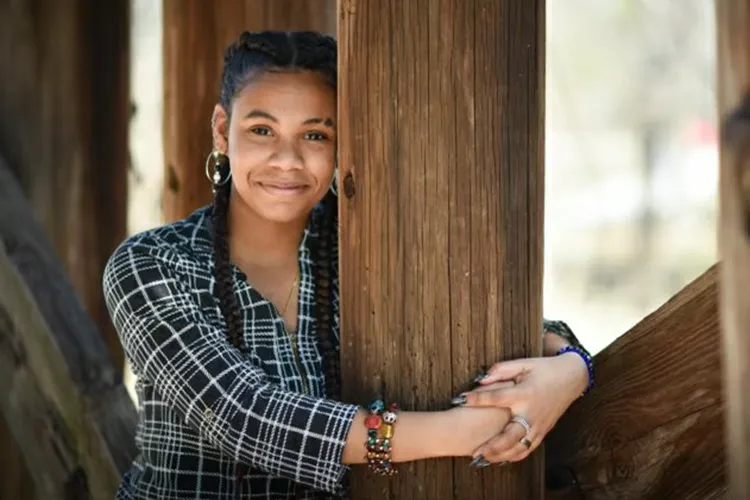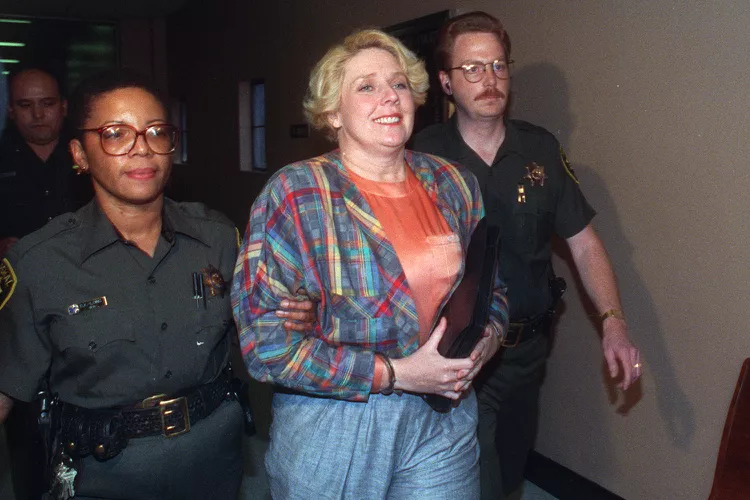At 15 she lost both parents in one night—now at 20, she’s honoring her mother’s dream and finding new family to hold her up
She was just fifteen when a single night changed everything. On September 30, 2020, in Spencer, Oklahoma, Shawntae Brown, aged 34, was brutally beaten to death by her husband and longtime partner, Joshua Brown, in front of their three children. The eldest, Aleisha Brown, now 20, recalled later that when the fighting started, she turned her full attention to her younger siblings — 14 and 7 at the time — shielding them, distracting them and praying for survival. It was supposed to be the safety of home; instead, it became the place where her life was divided into ‘before’ and ‘after.’
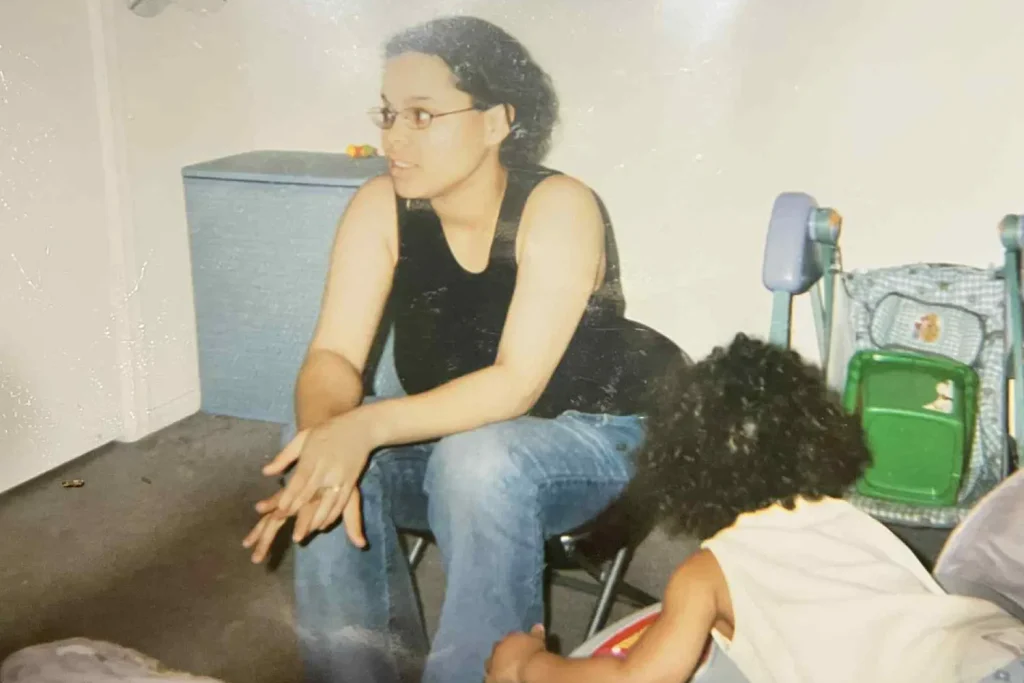
Her father had returned from deployment in Afghanistan in 2016 changed. He was reported to have suffered from symptoms of post-traumatic stress, paranoia and rage. Shawntae, prior to that, had been a high school sweetheart to Joshua and a mother who dreamed of becoming a doctor and giving her kids a life filled with love and education. Their home once held promise. Then the years of verbal arguments began to shift into violent episodes. Aleisha remembers the father she knew, the dad who drove her and her siblings on trips, but she also remembers the man who changed after the war—and the mother who quietly bore the burden for years.
That night the argument escalated. For 24 hours, Aleisha and her siblings stayed in a room, forced into silence, witnessing the devastation. They heard the blows, the shouts, the pleas, and the mother they loved flit in and out of consciousness. At one point their father ordered Aleisha to give her mother a bath. She realized something was terribly wrong. She pulled her mother from the tub and began administering CPR—having learned the method from watching YouTube videos—and at her mother’s side she cradled the woman who had, hours earlier, insisted she would always choose her children, no matter what. Shawntae’s final words that night were: “I love you.”
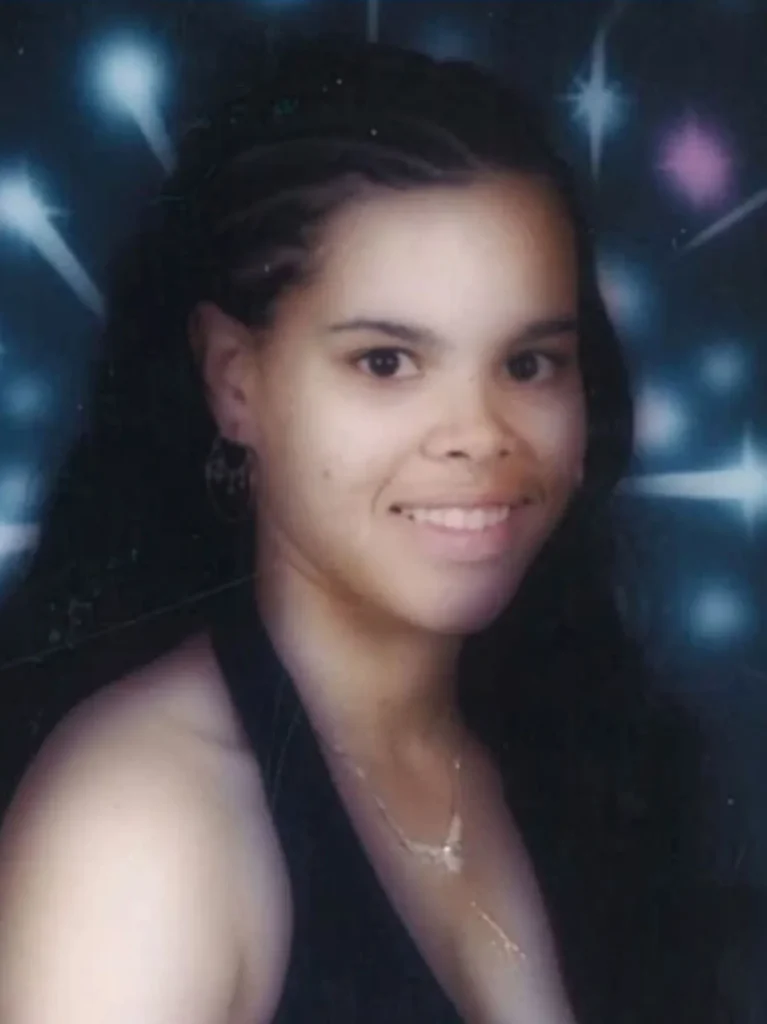
When the paramedics arrived the scene was chaotic. Blood on the floor, walls damaged, a mother gone. The father was arrested, his children left without parents, clawing their way back to each other and to a life that would never be the same. The decision fell on Aleisha in that moment to protect her younger siblings, to be strong even when she felt broken. “I honestly was thinking I was going to have to get a job and take care of my siblings,” she later told PEOPLE.
In the aftermath the family discovered they didn’t know most of the maternal side of their family, though that side had always been there. Estranged for years, the mother’s cousins and aunts stepped in soon after Shawntae’s death, refusing for the children to enter foster care. A cousin named Candice and her husband Joe took the three siblings in and later adopted them. Suddenly, a family the children barely knew became their anchor. Through nights of tears, through processor’s hearings and trauma, the unexpected guardians provided support, love and stability. Aleisha credits them. “My family is my biggest support, and the only reason I’m here today,” she said.
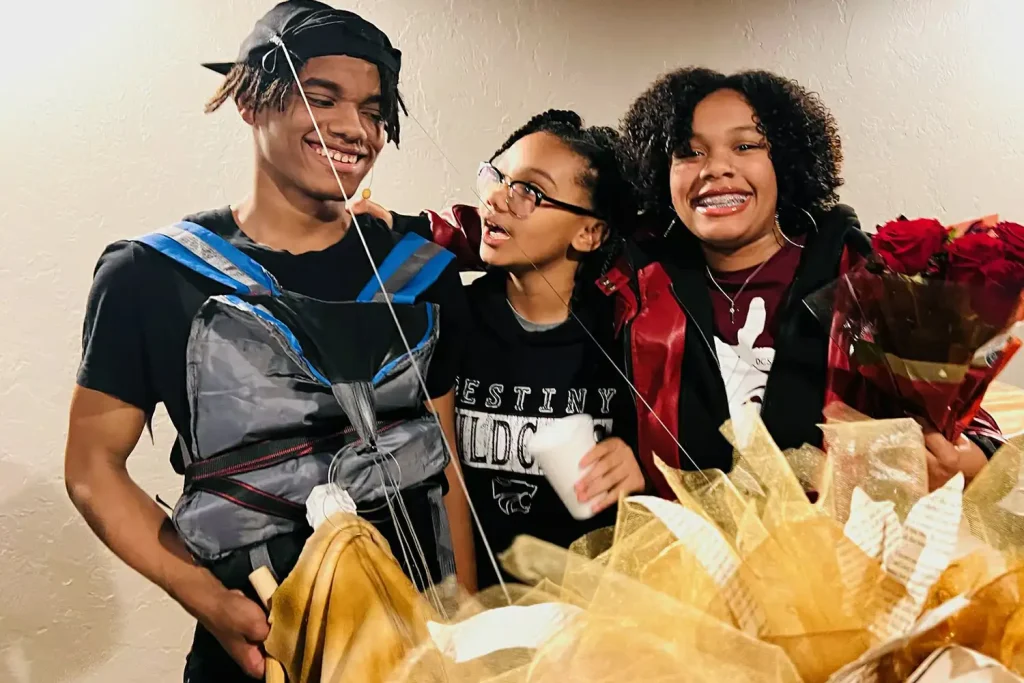
Today Aleisha is attending college, studying mass communications at Rose State College in Oklahoma. It is a direct fulfillment of her mother’s dream: Shawntae wanted her daughter to attend college, to succeed, to seize the life she never got the chance to. In the face of unspeakable loss, Aleisha decided she would not become a victim—she would become an advocate for her own future and for her siblings’ futures. She keeps her mother’s photograph close, echoes her smile, and runs on the belief that even in the darkest moments, hope can be reclaimed.
Her father, Joshua, pleaded guilty in late 2025 to first-degree murder and three counts of child abuse. He is serving four life sentences without the possibility of parole, as part of a plea deal that avoided the death penalty. The sentencing hearing offered Aleisha a deep, wrenching closure: a chance to speak her truth, to process the trauma, to claim a fragment of justice. Still, she said, nothing can ever bring back her mother. The settlement, though legally rigorous, cannot erase the memory of holding one’s mother while she took her last breath.
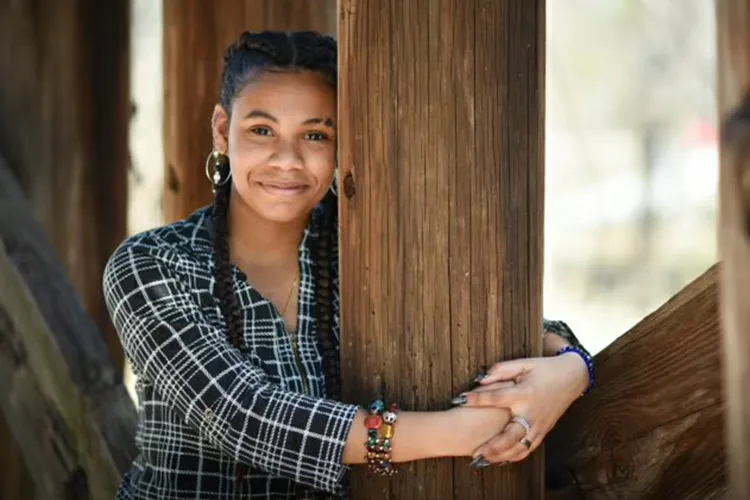
Yet Aleisha refuses to let the memory define her solely by loss. She has embraced the role of big sister, student and survivor. She has held her siblings, moved with her family, avoided the foster system and rebuilt trust in love and support. She watches her younger sister thrive in school, her brother begin his next chapter, and she knows: what was broken will not define them. What they build now will. She says the greatest gift she can give her mother’s memory is choosing life, choosing growth, choosing compassion over vengeance. She carries her mother’s legacy of selflessness: “My mother never once told us she didn’t pursue her dreams because of you all,” Aleisha recalls. “She said she made this decision for the best of us.”
The road has not been easy. The nights of fear still linger. The milestones feel freighted with meaning. But each morning, Aleisha wakes with purpose. She’s chosen to study communications because she wants to tell stories—perhaps her own. She wants to offer voice to those who feel unseen, to siblings who carry invisible scars, to young women forging futures after trauma. She wants to shine a light on inherited pain and the unexpected power of unexpected kindness.
Calling it “luck” wouldn’t be fair to the determination she’s shown. But she believes she is lucky—for the support she found, for the family she discovered, for the chance to heal. “As much as this situation could have torn us apart, it really brought us so much closer together,” she said. In that journey from nightmare to hope, she stands as proof that even when one night takes everything, the tomorrow you build can become your triumph.
